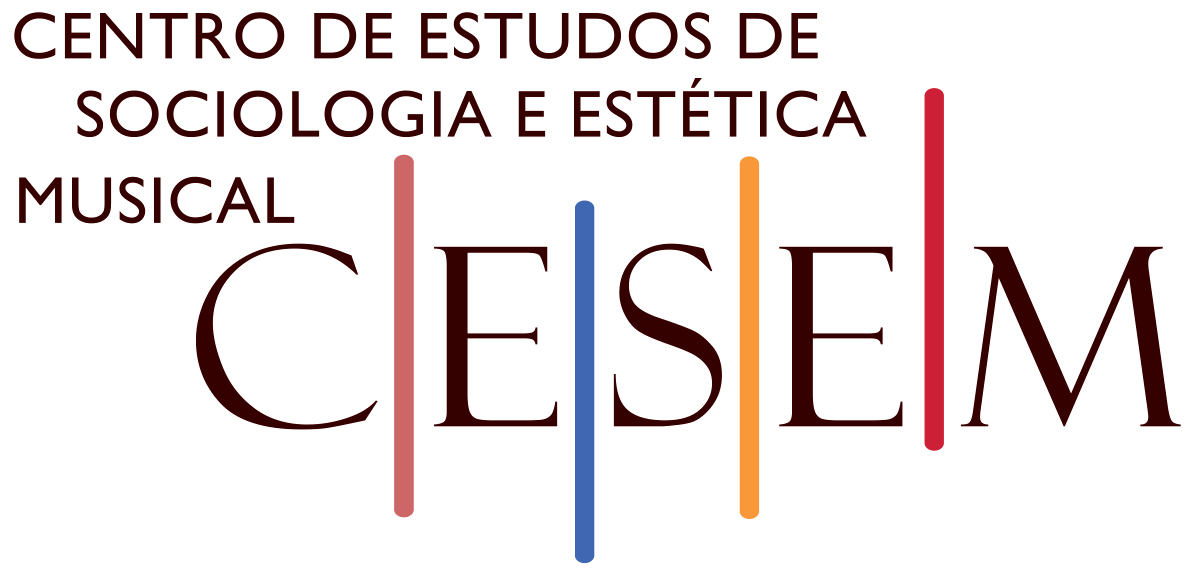Paulo Filipe Lopes da Luz Gaspar
Fellow of the Doctoral Program “Music as Culture and Cognition” at NOVA FCSH, developing the project “From History to the Daily Life of Operetta in Lisbon: From the middle of the nineteenth century to the end of the 1920s.” His main research interests are: musician-theatre spectacle (1850-1920); musical historiography; history of everyday life; music in the press. He has worked in the field of musical theatre produced in the Portuguese speaking context from the last quarter of the 19th century, within the framework of the research project “’Theatre for Laughing’: Musical Comedy in Portuguese-language Theatres (1849-1900)” (CESEM – NOVA FCSH ), as well as during the masters course, also in Historical Musicology, with the dissertation “Ciríaco de Cardoso e ‘O burro do Sr. Alcaide’: percursos de formação de um compositor de comédia musical no Portugal finissecular”. He remains as collaborator of CESEM as a member of the Music in the Modern Period research group, SociMusi – Group of Advanced Studies in Sociology of Music and NEMI – Nucleus of Studies in Music in the Press. He was Secretary of the Board of SPIM – Portuguese Society of Music Research (2013-2015).
